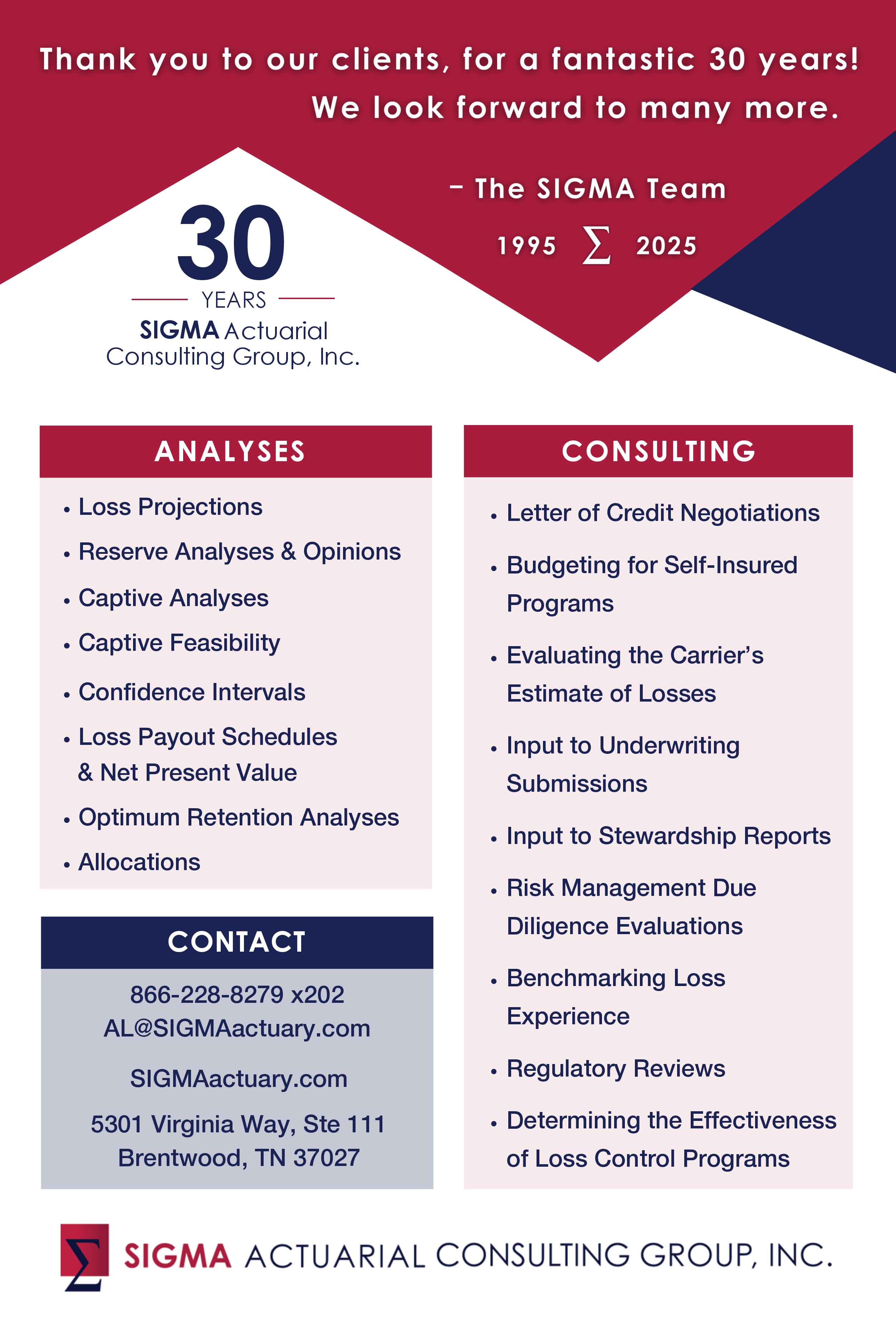The Internal Revenue Service “made no friends” in the industry or congress by sending letters to tens of thousands of taxpayers seeking information about their participation in micro-captive insurance transactions, one week after the US president Donald Trump declared a national emergency after the COVID-19 outbreak, according to Sean King of CIC Services.
In a recent interview with Captive Insurance Times, King said: “I’m confident that, despite the rhetoric, most enforcement activity against captives will ultimately be suspended until taxpayers are able to comply.”
He added: “It’s simply unreasonable to expect taxpayers to comply with IRS demands during a time when those taxpayers are forbidden by lockdown orders from legally accessing the necessary records, obtaining the required legal or tax advice or are otherwise struggling just to stay in business.”
The ‘bad-timing’ IRS Letter was called out by many in the captive insurance industry including the Vermont Captive Insurance Association (VCIA), the Utah Captive Insurance Association (UCIA), and the Arizona Captive Insurance Association (AzCIA), who all issued letters from their board of directors to their congressional delegation.
After push back from the sector, the IRS extended the deadline for the micro-captive insurance filing positions from 4 May to 4 June 2020 because of the pandemic.
In an article, published Captive Insurance Times, Phil Karter, Scot Kirkpatrick and Patrick McCann of Chamberlain Hrdlicka, reviewed the considerations that taxpayers might bear on their response and whether they should respond at all.
Karter, Kirkpatrick and McCann suggested that for those taxpayers who last participated in the transaction and filed their tax returns on or before 15 April 2016, the statute of limitations has expired and there is no threat of any captive-related adjustments for those years.
In the article, the trio noted that taxpayers on an extension to file their 2016 tax return or who last participated in 2017 “should think more carefully about whether or not to respond”.
They added: “By responding to Letter 6336, taxpayers in those circumstances may unwittingly make themselves a target for audit by sticking out from the crowd and presenting a greater sense of urgency to investigate, particularly if the claimed premium deductions were large.”
However, they stressed that the taxpayers facing the greatest uncertainty are those who last participated in captive insurance transactions in 2018 or 2019.
They pointed out that for those taxpayers, there is sufficient time remaining on the applicable statute of limitations for the government to initiate an audit and assert adjustments within the limitation period.
To read the interview with Sean King and the article from Phil Karter, Scot Kirkpatrick and Patrick McCann of Chamberlain Hrdlicka, download the latest issue here.






